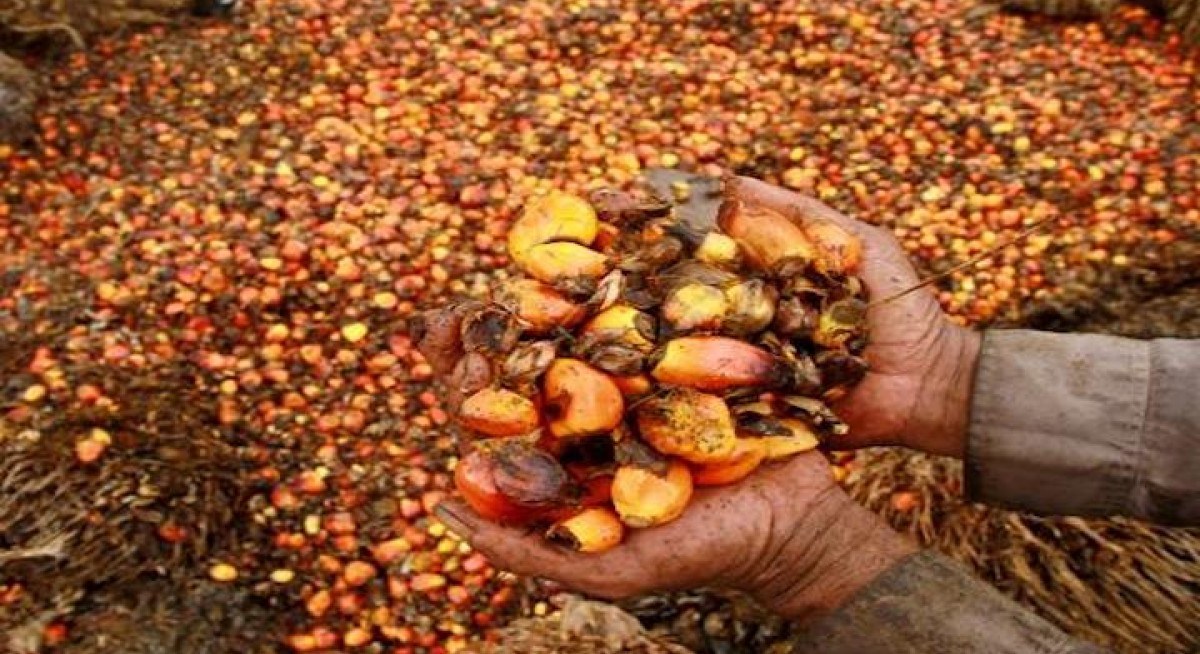“Plantation stocks under our coverage do not have depressing valuations, and are mostly trading at +1SD above their 5-year mean PE. With the possibility of earnings disappointment from weaker production and potential lower ASP due to forward selling, a share price retracement is possible,” says the analysts.
One of the trend to look out for in the upcoming 2Q20 results is lower CPO prices as generally, most companies’ CPO average selling price (ASP) would be lower q-o-q, with CPO prices having dropped by 15% q-o q in 2Q20. But on a positive note,
CPO prices have recently started to rebound and have increased by 10% since its recent low in June 2020. The analysts reckon that the higher ASP will only be reflected in companies’ 3Q-4Q20 earnings.
Another trend that may affect upcoming results is the higher production. Most companies have reported higher q-o-q fresh fruit branch (FFB) production, except for Malaysian-listed Kim Loong Resources, which saw a 3.7% q-o-q decline.
According to the Malaysia Palm Oil Board (MPOB), Sabah regions reported a 36% q-o-q increase in FFB production, and the analysts think that this is mainly due to the spillover effect, where the companies managed to catch up on their production targets that they had missed in end-March to early April this year.
The higher oleochemical demand in the market now is also another trend to pay attention on.
“Based on our channel checks, there has been strong demand for oleochemical products since the Covid-19 pandemic started, which are the raw materials in soap and pharmaceuticals production. This would benefit IOI Corporation and Kuala Lumpur Kepong,” says the analysts.
In conclusion, Hap Seng Plantations and IJM Plantations should report better earnings mainly due to higher q-o-q FFB production.
In addition, the analysts also expect integrated companies with downstream operation (especially in oleochemical operation) to report better earnings in 2Q20 on the back of strong sales volume and higher downstream margins which would be on lower feedstock prices.
Separately, while CPO price has increased by 10% since its recent low in June 2020, the analysts reckon the surge in CPO price was mainly led by higher vegetable oil prices, such as rapeseed oil and soybean oil, due to limited supply.
In addition, the market is also expecting palm oil supply to be limited as production has dropped as much as 20-40% m-o-m in July.
Therefore, the CPO price surge is not expected to be sustainable. In fact, CPO prices may soften once production starts to climb in late August.
Furthermore, the demand for palm oil from the hotel, restaurant and café (Horeca) segments in China and India also remain very weak, even with the slow economic recovery.



